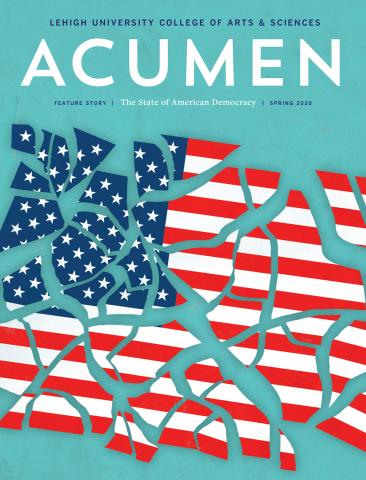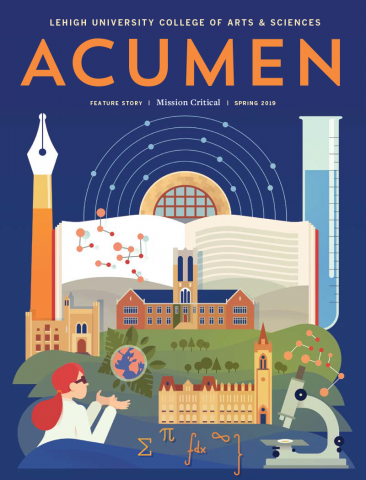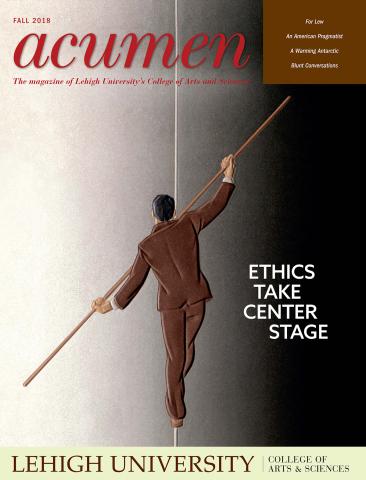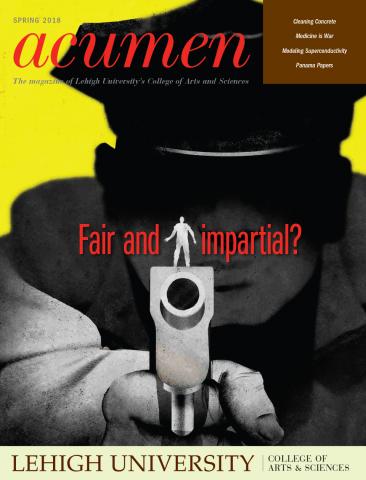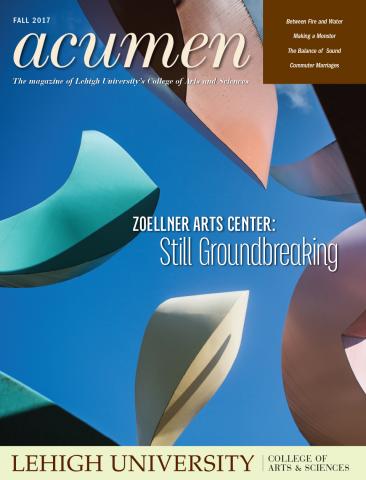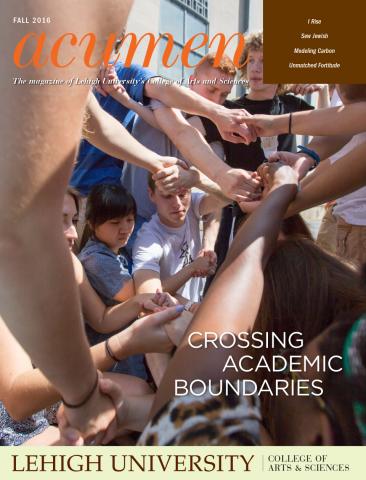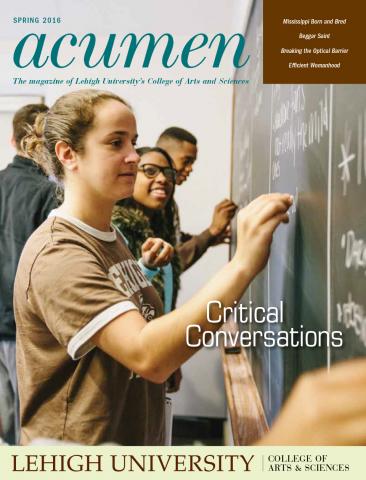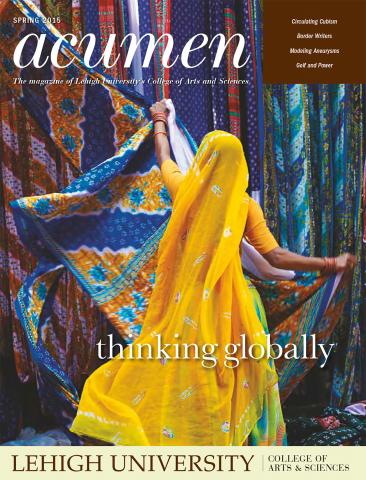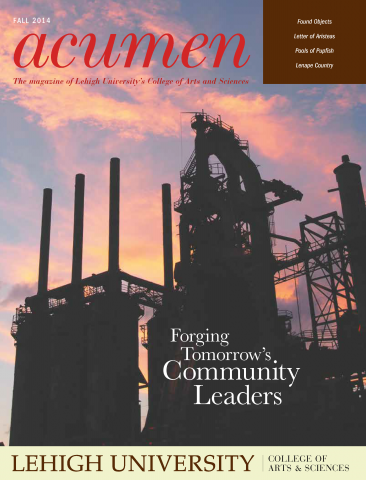
Political science scholars continue to explore a fundamental question: Why have some post-communist societies succeeded in their transitions to democracies while others have failed?
The topic is of particular interest to Arman Grigoryan, assistant professor of international relations, who studies Armenia, one of the 15 constituent republics of the Soviet Union, becoming independent following the referendum of Sept. 21, 1991.
In the years immediately preceding independence, a conflict had erupted between Armenia and its neighbor, Azerbaijan. By 1992, the conflict had escalated into a full-blown war. By the time a Russian-negotiated ceasefire took hold in 1994, 30,000 lives had been lost and 1 million people had been displaced.
“In the first half of the ’90s, Armenia was often referred to in the Western media as an ‘island of democracy,” says Grigoryan. “It had a government that had been elected in free and fair elections and had embarked on a fertile period of legislative reforms.”
However, its early promise failed to materialize.
The main culprit behind Armenia’s failed transition to democracy was the war with Azerbaijan and the continued state of belligerence after the ceasefire was signed in 1994, he says. He is exploring the broader topic of war and democratic transition for an upcoming book.
“There is no consensus in the literature on how war and democratic change are related,” he says.
A popular international relations theory known as the democratic peace theory maintains that there is something special about democracies and their foreign policy—particularly the way they relate to other democracies. It posits that liberal democracies have carved out a zone of peace that can be credited to liberal governments and a commitment to liberal politics.
Grigoryan argues against this idea.
“The evidence actually suggests a reverse causal arrow where peace causes democracy rather than democracy causing peace. Countries that have been able to settle their differences one way or the other,” he adds, “have had an easier time becoming and remaining democratic.”
By contrast, he says, countries that continue to experience intense conflicts or enduring rivalries—even if not active wars—encounter “a serious democratic deficit there.”
One of the reasons scholars have identified to explain why wars are bad for democracy is that wars—or, more generally, bad security environments—change the distribution of power between the state and society in favor of the state, he says.
“Such environments empower the state and weaken society. This is natural because a state that is in a bad security environment—or is fighting a war—has to have an increased and uncontrolled executive authority,” Grigoryan adds. “It has to have the ability to extract resources from its society. It has to have the ability to deter resistance against that extraction. It has to have the ability to make all sorts of difficult and unpopular decisions. It has to have the ability to make quick decisions without worrying about checks and balances. And, it has to have the ability to control information.”
None of these things, he points out, are good for democracy. Armenia is vulnerable to what Grigoryan calls a “psychological predisposition toward totalitarianism common in war societies where dissent becomes equivalent to treason.” He believes that democratizing Armenia depends on recognizing the detrimental effects that the war or the state of belligerence with Azerbaijan plays.
“Unless a genuine effort is made to resolve our conflicts with our neighbors,” he says, “we can scarcely hope that Armenia will ever become a democracy.”





















